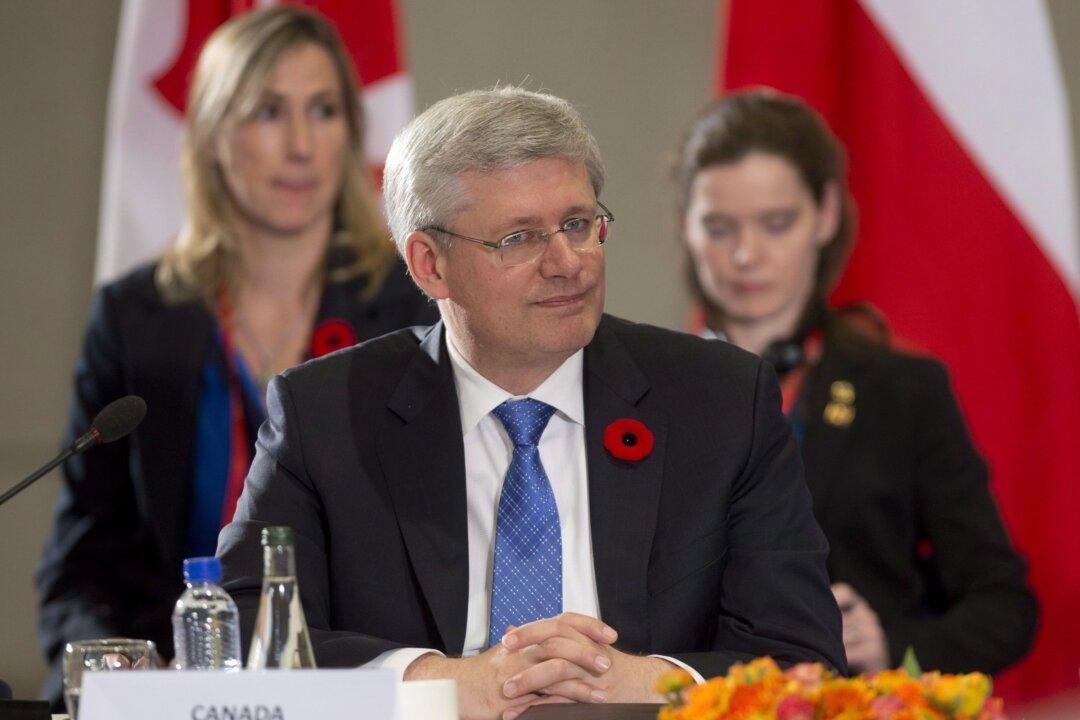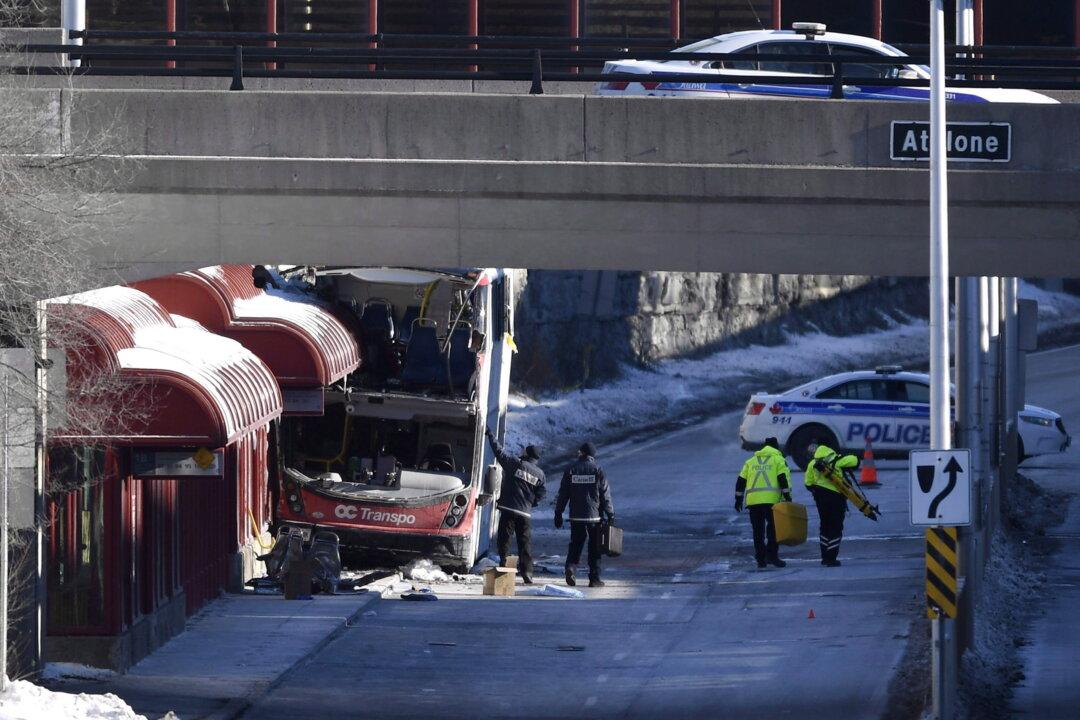OTTAWA—The Conservatives are anxiously hoping to sign off on a massive free-trade deal before kicking off an election campaign that’s expected to start as early as Sunday, Aug. 2.
The federal government is at the negotiating table in Hawaii, where Trans-Pacific Partnership talks are reportedly in their final stages for a deal that could have political implications during the election campaign.
With voting day set for Oct. 19, the governing Tories want to launch the campaign with the deal in hand—an agreement they could brandish as evidence of their economic stewardship.
The partnership, a pact between 12 countries including Canada, the U.S., Mexico, and Japan, is poised to become the biggest trade deal in history once ratified. The government says the countries represent some 800 million people with a combined gross domestic product of roughly 40 percent of the world’s economy.
Just as a deal could be a boon to Conservative campaign fortunes, however, a delay could cause them headaches. If talks stretch past the start of the campaign, experts say they could prove politically delicate.
In particular, Canada is under pressure from other countries to lower the high tariffs that currently protect domestic producers of eggs, milk, cheese, and poultry from foreign competition under a system known as supply management.
In an interview July 29 with Bloomberg, Prime Minister Stephen Harper insisted the government will defend the interests of every Canadian industry “as best we can.”





